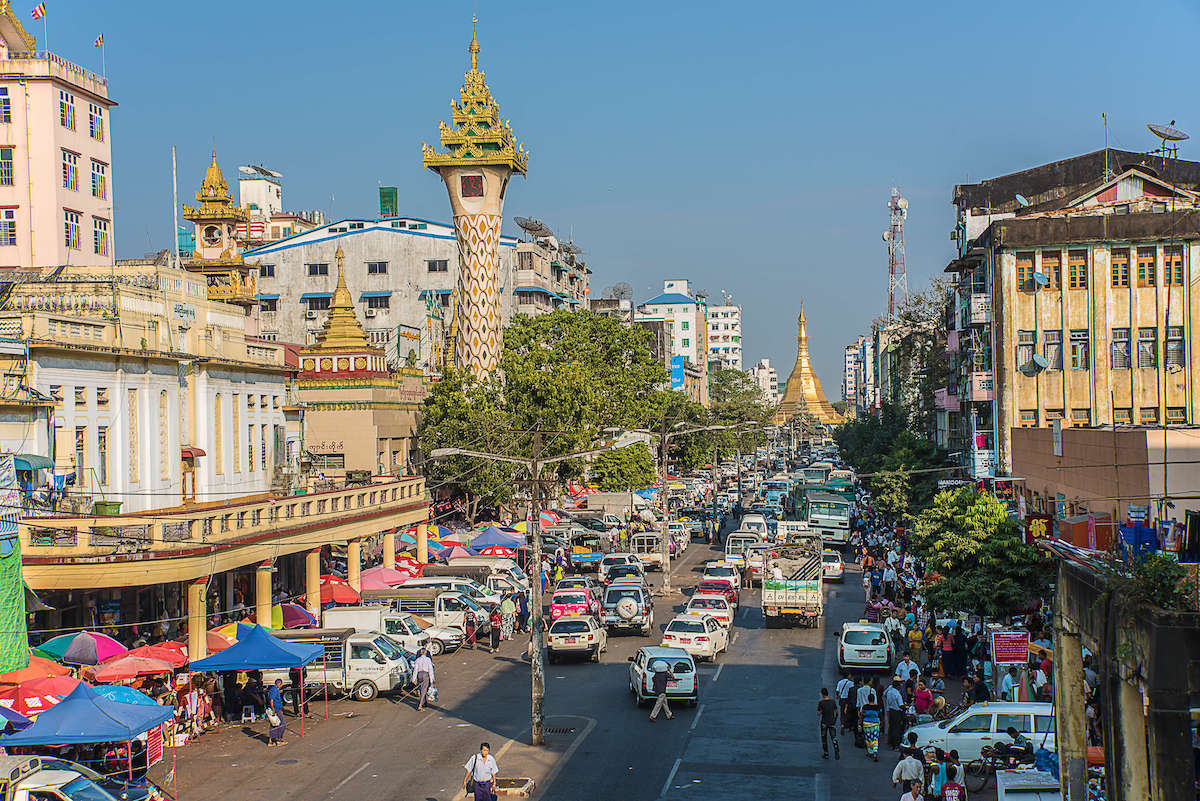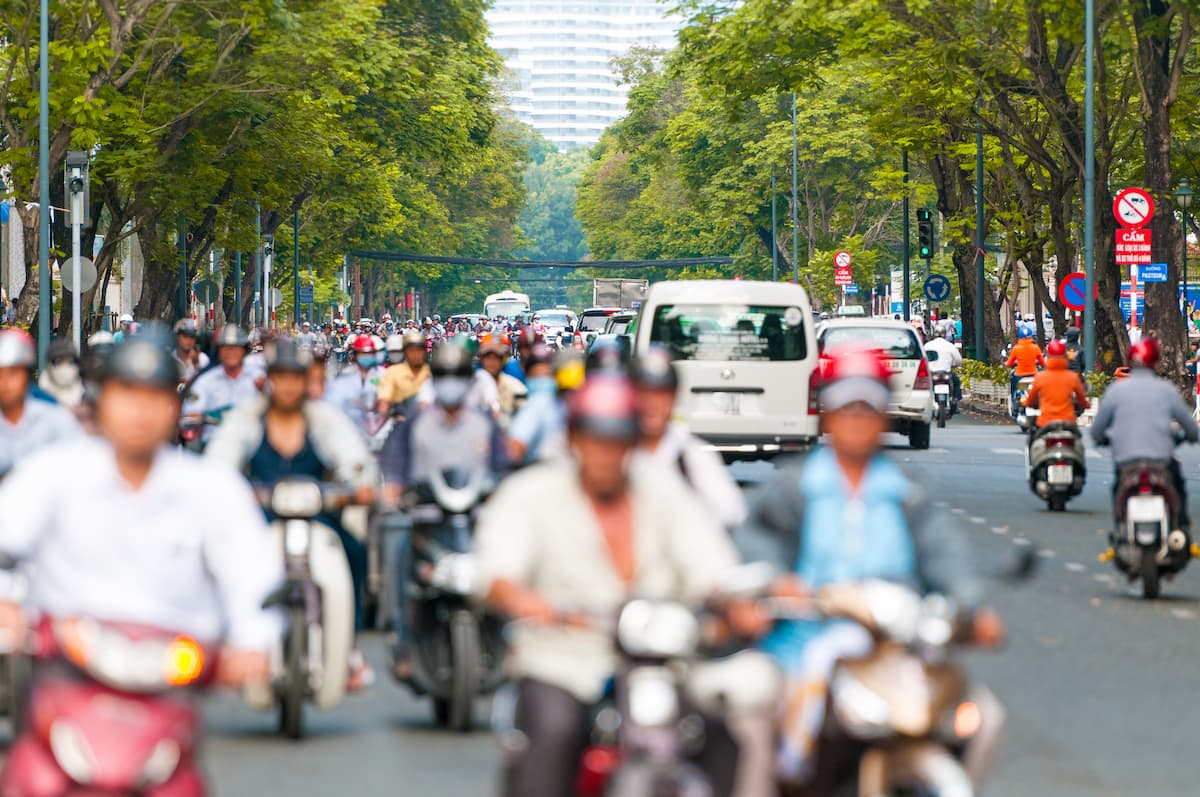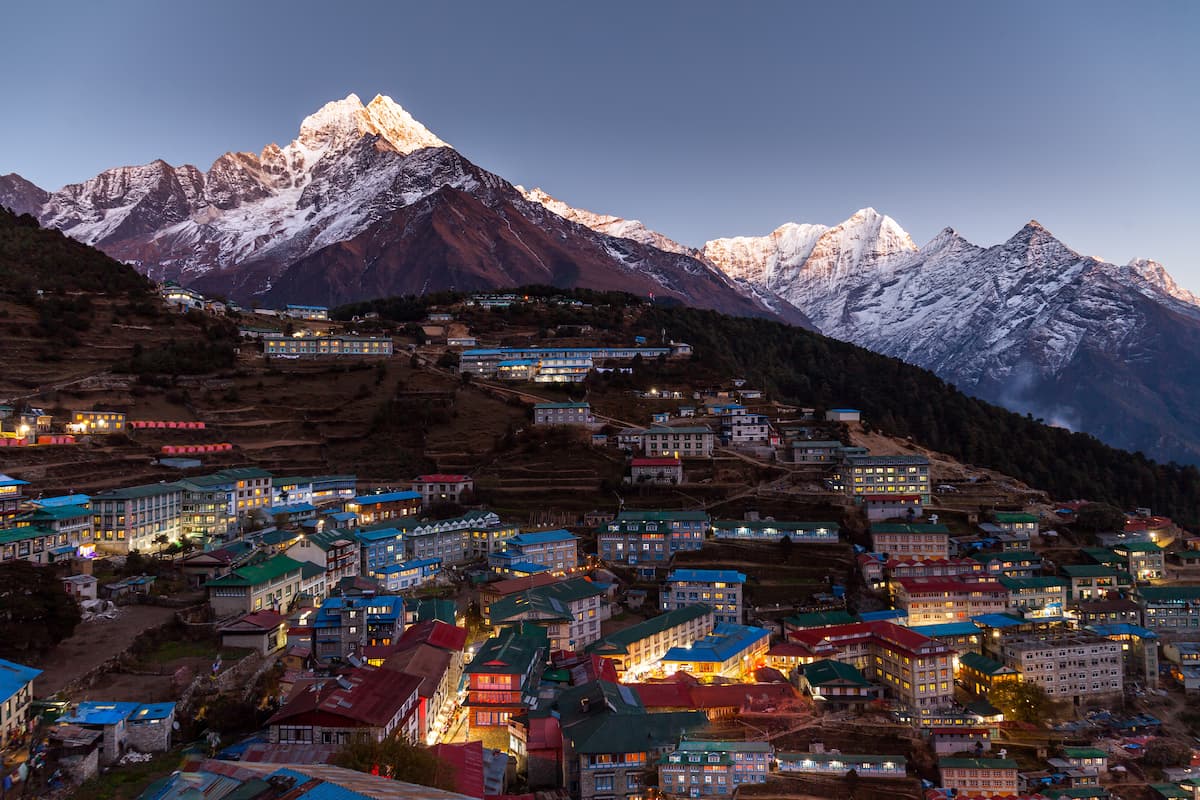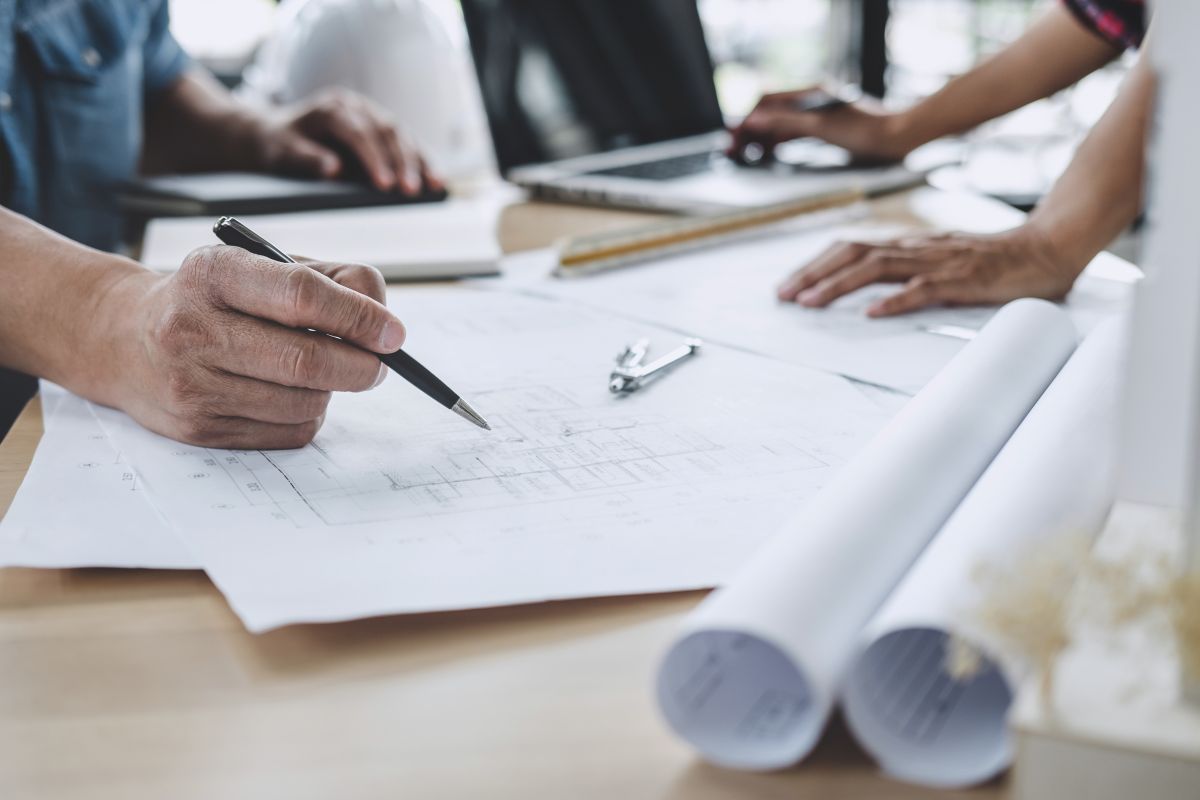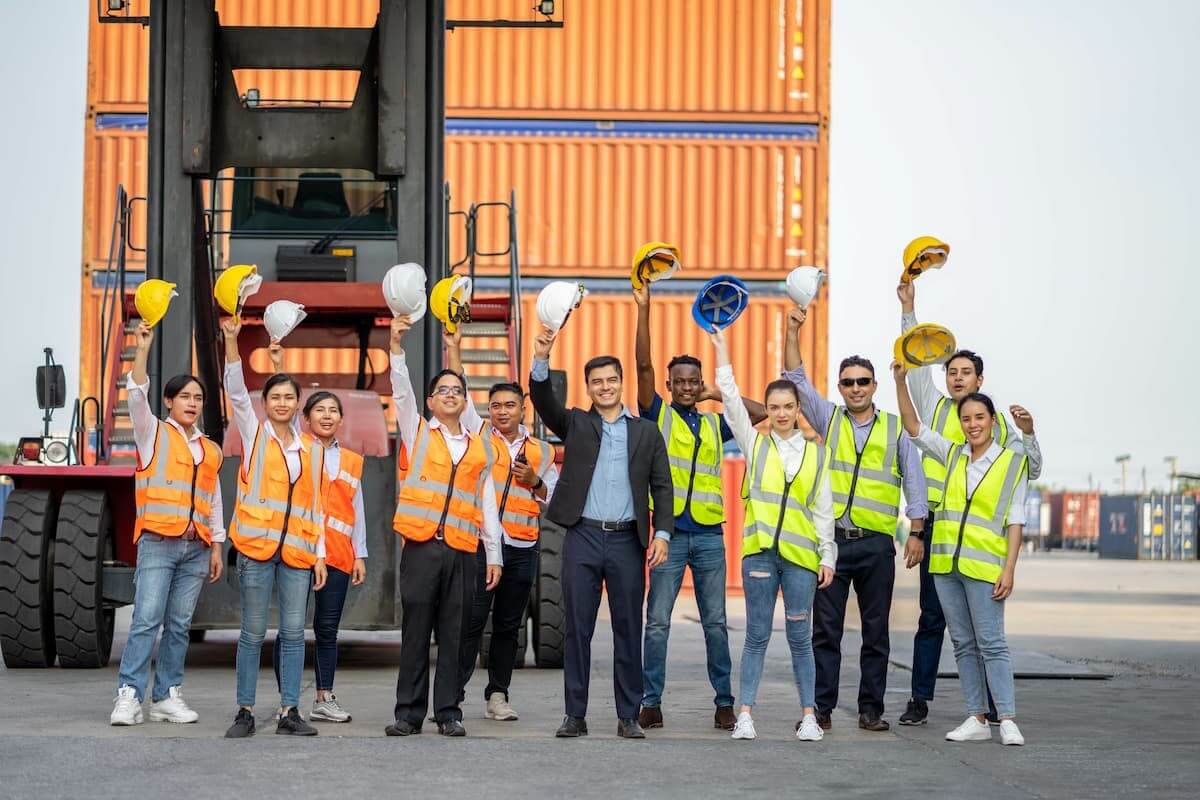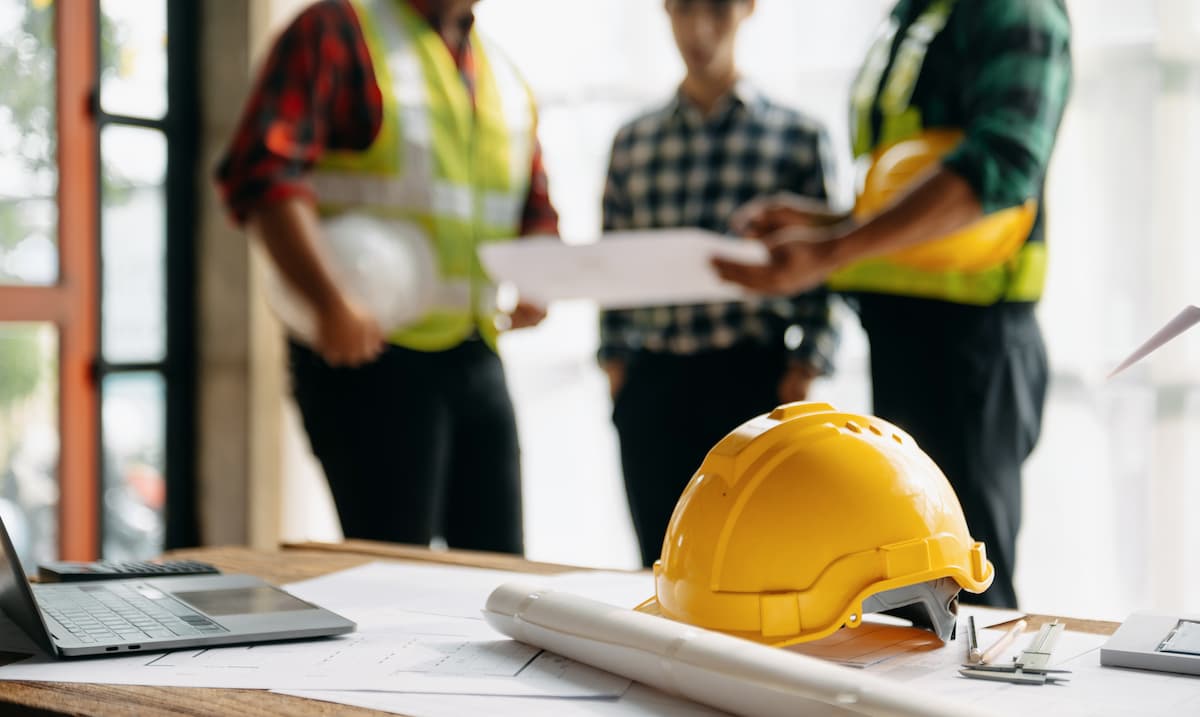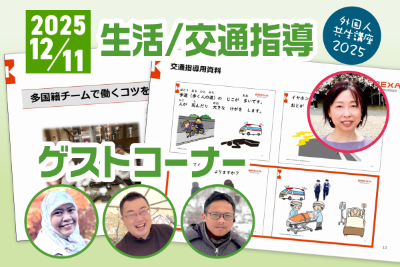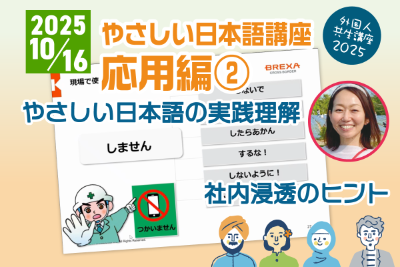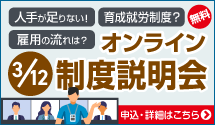- やさしい日本語
- ひらがなをつける
- Language
We provide multilingual content through machine translation. Translation accuracy is not 100%. About the multilingualization of the JAC website
- About JAC
- JAC Membership Information
- Specified Skilled Worker Acceptance
- Specified Skilled Worker Overview of the system
- 10 Mandatory Assistance for Foreigners
- Online individual consultation
- Seminar on Coexistence with Foreign Nationals
- Leading examples of host companies
- Case studies collection "Visionista"
- Foreigner's Voice
- Foreign Resident Acceptance Manual / Q&A
- Useful column "JAC Magazine"
- Acceptance support services
- Specified Skills Acceptance Support Service
- Skills improvement support
- Online Special Education
- Skill training
- Japanese Language Course
- Education and Training Support
- Subsidy system for obtaining qualifications
- Support for creating a comfortable workplace
- Temporary Return Support
- CCUS charge support
- Support system for promoting the accumulation of employment history
- Post-acceptance training
- Compensation system for Specified Skilled Worker (i)
- Daily life support
- Medical interpretation support
- Support for daily life problems
- freeJob matching
- The Specified Skills Evaluation Exam
- Home
- JAC Magazine
- Working with foreign workers
- What to do if a foreign worker becomes sick or injured due to work? Check the insurance system
- Home
- JAC Magazine
- Working with foreign workers
- What to do if a foreign worker becomes sick or injured due to work? Check the insurance system

What to do if a foreign worker becomes sick or injured due to work? Check the insurance system
I wrote the article!
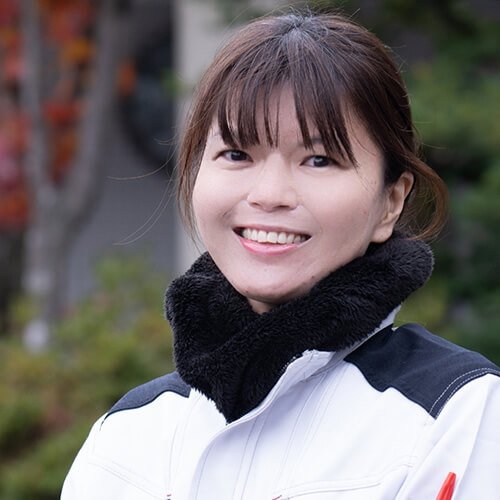
(One company) Japan Association for Construction Human Resources
Chief of Research and Development Department / Administration Department / Public Relations Department
Motoko Kano
(Kano Motoko)
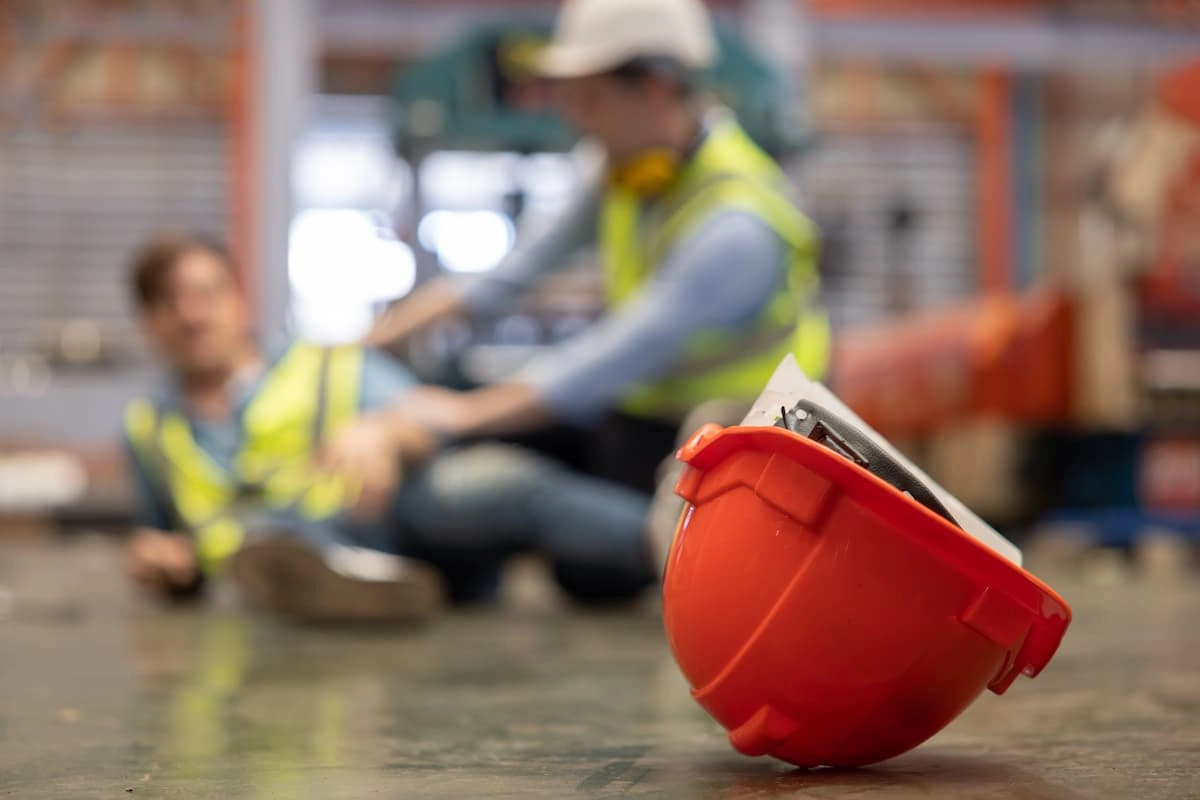
Hello, this is Kano from JAC (Japan Association for Construction Human Resources).
The construction industry is a workplace that involves many dangerous tasks and carries a high risk of injury.
The number of foreign workers has been increasing in recent years, but many people may be unsure of how to respond if a foreign worker becomes ill or injured.
This time, we will explain what to do if a foreign worker becomes ill or injured.
We will also introduce insurance systems and the occurrence of workplace accidents involving foreign workers, so please use this as reference in the future.
What should be done if a foreign worker becomes ill or injured as a result of work?
If a foreign worker becomes ill or injured, the treatment is the same as for Japanese workers.
We will take the following measures.
Submit a "medical treatment claim form" to a hospital designated for industrial accidents and receive medical treatment
If you suffer from a work-related injury or illness, you will be required to submit a "medical treatment benefit claim form" to a hospital designated for industrial accidents and receive treatment.
First, we will arrange for you to receive appropriate treatment at a designated hospital for industrial accidents.
In case of sudden illness or injury, check out the worker's compensation hospital near your company or site in advance.
As much as possible, bring Japan staff to the hospital to properly convey information necessary for medical examinations, such as accidents, injuries, and symptoms of illness.
If only foreign workers are allowed to go, information may be miscommunicated or they may not be able to reach the appropriate medical department, resulting in inadequate treatment.
Also, illness and injury in a foreign country can be very unsettling.
In terms of mental stability, it is important to have Japan staff with you.
It is more reassuring to have a medical interpreter or other person nearby who can support foreigners when they see a doctor.
When receiving medical treatment at a designated industrial accident hospital, workers do not bear the burden of medical expenses.
If you tell the counter that you are a work-related accident and submit a request for medical care benefits (Form No. 5) for medical care compensation benefits in the case of a work accident, and a request for medical treatment benefits for medical care benefits (Form 16-3) in the case of a commuting accident, you can receive medical treatment free of charge until your injury or illness is cured.
Please download this document from the Ministry of Health, Labour and Welfare website and bring it with you.
If you download it in advance and leave it at the company, or prepare it at the site, you will be able to respond without rushing.
In addition, there are many medical institutions designated for industrial accidents.
If you accidentally use your health insurance, you will need to complete the procedures to switch to worker accident insurance.
In addition, if you are going to see a doctor at a hospital other than a designated hospital for industrial accidents, you will have to rebuild the entire amount at the counter, so you need to bring your own treatment expenses.
If you apply to the Labor Standards Inspection Office at a later date and are certified as a worker's compensation, you will receive a full refund of the treatment fee.
Submit a "Worker Casualty Report" after a work-related accident occurs
After a workplace accident occurs, a "Work-related Death, Injury, or Illness Report" must be filed with the Labor Standards Inspection Office.
This is the same procedure as when a Japanese person receives an industrial accident.
The deadline for submitting the report varies depending on the number of days the worker is absent from work due to the industrial accident, as follows:
- In the case of death due to a work-related accident: Immediately after the accident occurs
- Work-related injury resulting in absence for 4 days or more: Immediately after the accident occurs
- Less than 4 days of absence due to work-related injury: Submit all documents once every three months (January to March, April to June, July to September, October to December)
The application should be submitted to the Labor Standards Inspection Office that has jurisdiction over the site of the industrial accident.
Please be aware that this is not the labor standards inspection office that has jurisdiction over the area where your company is located.
Apply for worker accident insurance benefits
worker accident insurance requires a benefit application.
This is also the same as the procedure for workers' compensation in Japan.
In principle, the application for benefits is made by the affected worker himself (or the bereaved family if he or she dies).
However, even if it is a Japan person who has been affected by the disaster, many companies apply on their behalf.
Especially in the case of foreign workers, the documents are complicated and unclear, or you do not know that you need to apply in the first place, so be sure that Japan staff will provide you with good support from document preparation to application procedures.
Does worker accident insurance apply to foreign workers who are sick or injured?
worker accident insurance provides necessary insurance benefits in the event of an injury or illness due to a work-related accident or a commuting accident.
The Labor Standards Act (Chapter 8, Articles 75~88) stipulates that "the employer must compensate for accidents suffered by workers due to work-related reasons."
This means that the worker accident insurance fee is fully borne by the company.
Enrollment in worker accident insurance is required regardless of nationality and is mandatory even if you hire a single worker.
For example, Article 2 of the Ministerial Ordinance on Specified Skills Standards requires that if the Specified Skills organization is a worker accident insurance covered business establishment, it is required to properly implement the notification of the establishment of an insurance relationship related to the worker accident insurance in order to ensure the coverage of workers' compensation insurance for Specified Skilled Worker.
worker accident insurance Insurance system for non-workers
Besides worker accident insurance, there are other insurance schemes for workers.
In both cases, foreign workers must also join.
Health Insurance System
If you are enrolled in health insurance, medical benefits and allowances will be paid to the insured person or dependent when they become ill or injured and receive medical treatment.
Membership is required for permanent employment, and applies to foreign workers as well.
You can enroll in health insurance if you are employed as a full-time employee at a private company or if you are a part-time worker who meets the conditions.
*For more information, please visit the National Pension Service website.
Part-time workers who do not meet the conditions to be insured under health insurance will be covered by national health insurance.
If you go to the hospital for illness or injury outside of working hours, please bring your health insurance card (or national health insurance card).
As with Japanese people, patients will be responsible for 30% of medical expenses.
Employees' Pension Insurance/National Pension Insurance
By joining the pension insurance scheme, workers will receive pensions and allowances when they reach old age or die due to disability.
- Employee's Pension Insurance: While regularly employed at an applicable company
- National Pension Insurance: Those who are not in a regular employment relationship but are residing in Japan as mid- to long-term residents
Find out about the occurrence of workplace accidents involving foreign workers
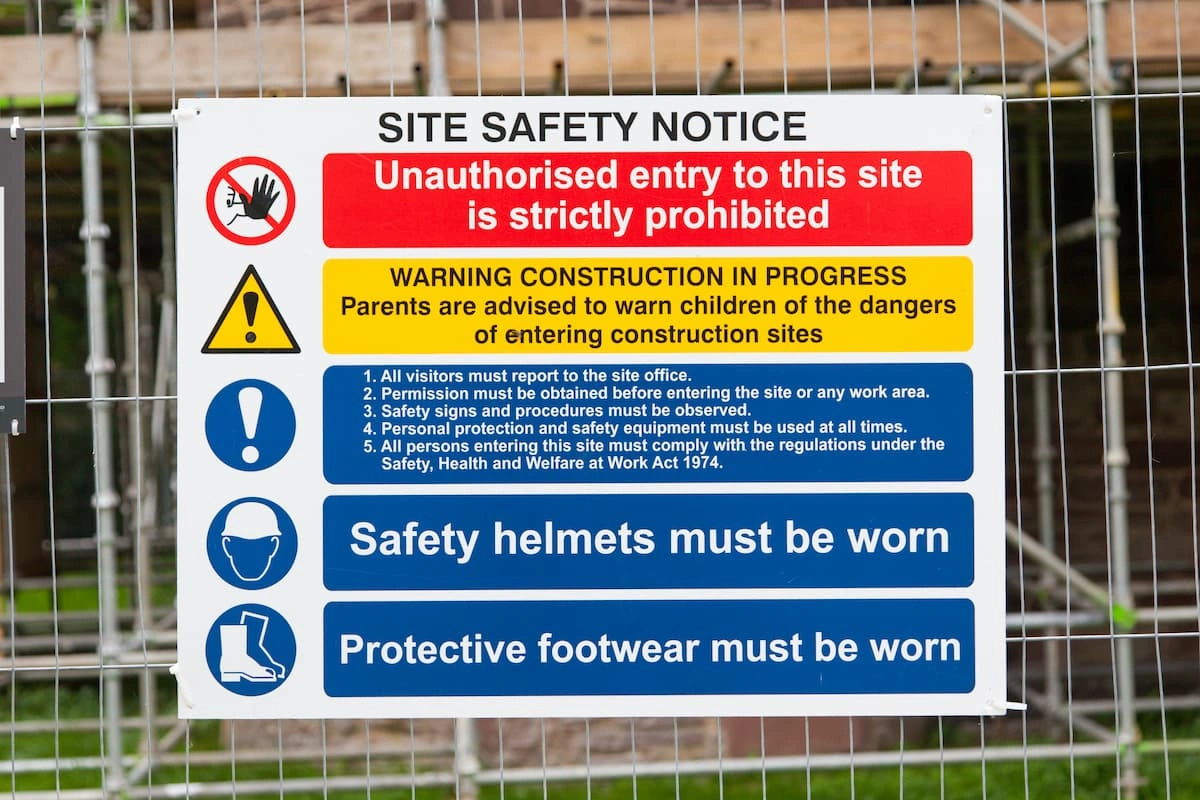
As the number of foreign workers increases, let's also check how often work-related accidents occur among foreign workers.
According to the Ministry of Health, Labor and Welfare's "Status of Occupational Accidents Among Foreign Workers in 2021 (Reiwa 3)," the number of casualties resulting in four or more days of absence from work in the construction industry was 934 (797 in 2020), of which 10 were fatalities (17 in 2020).
The manufacturing industry, which has the highest number of work-related accidents, had 3,007 casualties, including 8 fatalities, while the construction industry had a higher number of fatalities.
The causes of accidents that resulted in death were "being trapped or entangled" in 148 cases, "falling" in 142 cases, and "being thrown or falling" in 122 cases, with "falling" being the most common cause of fatal accidents.
To prevent foreign workers from getting sick or injured at work
It goes without saying that appropriate measures must be taken when a foreign worker becomes ill or injured, but it is also important to take steps to prevent illness or injury from occurring in the first place.
First, we provide Safety and Health Education in the foreign workers' native language to help them deepen their understanding of safety.
Since providing training while employees are still working may result in insufficient safety checks, it is best to set aside separate time for Safety and Health Education and other training.
On-site responses include installing signage in multiple languages.
Generally, signs are written in Japanese only at construction sites, but it is advisable to install signs in multiple languages.
Since you will be looking at it while working, it needs to be easy to understand at a glance.
JAC (Japan Association for Construction Human Resources) is creating a video for foreign workers about safety and health measures.
Please use this for Safety and Health Education for foreign workers.
[Youtube] Key points for safety and health measures for each task
If a foreign worker becomes injured or ill, it is a good idea to teach them how to express pain so that appropriate measures can be taken.
Expressions such as "throbbing" and "tingling" are unique to the Japanese language, but they are useful for accurately describing the symptoms.
For more information on "expressions of pain" to communicate symptoms and tips on communicating pain, please see "Learn Japanese expressions of pain! Tips on communicating pain effectively."
Please feel free to use it.
Foreign workers often put up with minor illnesses or injuries because they think going to the hospital is expensive.
Through Safety and Health Education we should take measures to prevent workplace accidents such as illness and injury, and also properly inform employees about the existence of insurance systems.
It is also important to communicate closely with foreign workers on a daily basis and pay attention to their health, etc.
Summary: Foreign workers should be able to receive appropriate medical treatment for illnesses and injuries covered by insurance
If a foreign worker is injured or sick while working or commuting, the worker accident insurance applies in the same way as Japan.
However, it is important to support them in receiving appropriate medical care, such as having Japan staff accompany them as much as possible.
In addition to work-related accidents, foreign workers must also enroll in insurance such as health insurance, employees' pension insurance, and national pension insurance, which provide medical treatment and benefits in the event of illness or injury.
Japan has a generous insurance system, but there are many fatal accidents caused by foreign workers, so there is a need to create a system to prevent accidents.
The first step is to actively engage in initiatives to raise safety awareness, such as Safety and Health Education training and the installation of safety signs in multiple languages.
If you are a company that is considering accepting Specified Skilled Worker in the construction industry, please feel free to contact JAC!
*This article is based on information as of April 2023.
The author of this article

(One company) Japan Association for Construction Human Resources
Chief of Research and Development Department / Administration Department / Public Relations Department
Motoko Kano
(Kano Motoko)
Born in Aichi Prefecture.
He is in charge of public relations, research and investigation, and is the person behind social media.
We update our social media accounts daily with the desire to make people fall in love with Japan, to spread the appeal of construction from Japan to the world, and to ensure that Japan's construction industry continues to be the industry of choice around the world.
He is also engaged in research into the feasibility of implementing skills evaluation exam in Asian countries, and is conducting interviews with local organizations in each country.
Related articles

What is the Japanese level of Specified Skilled Worker? Precautions and measures after acceptance

Things to know when working with Muslim employees in a Japanese company

What is the obligation to notify the employment status of foreigners? Foreign workers who must be notified and how to apply
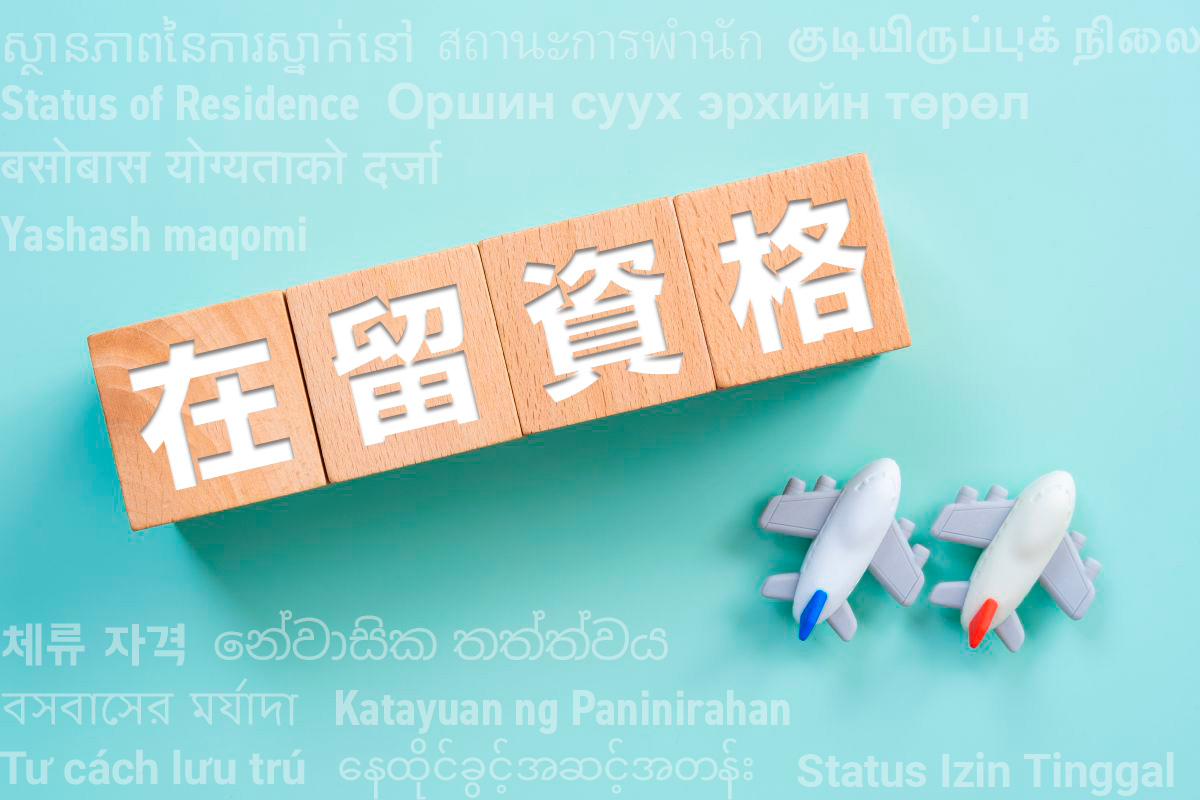
What is the status of residence that allows you to work? Explaining the types, how to obtain it, and more!







